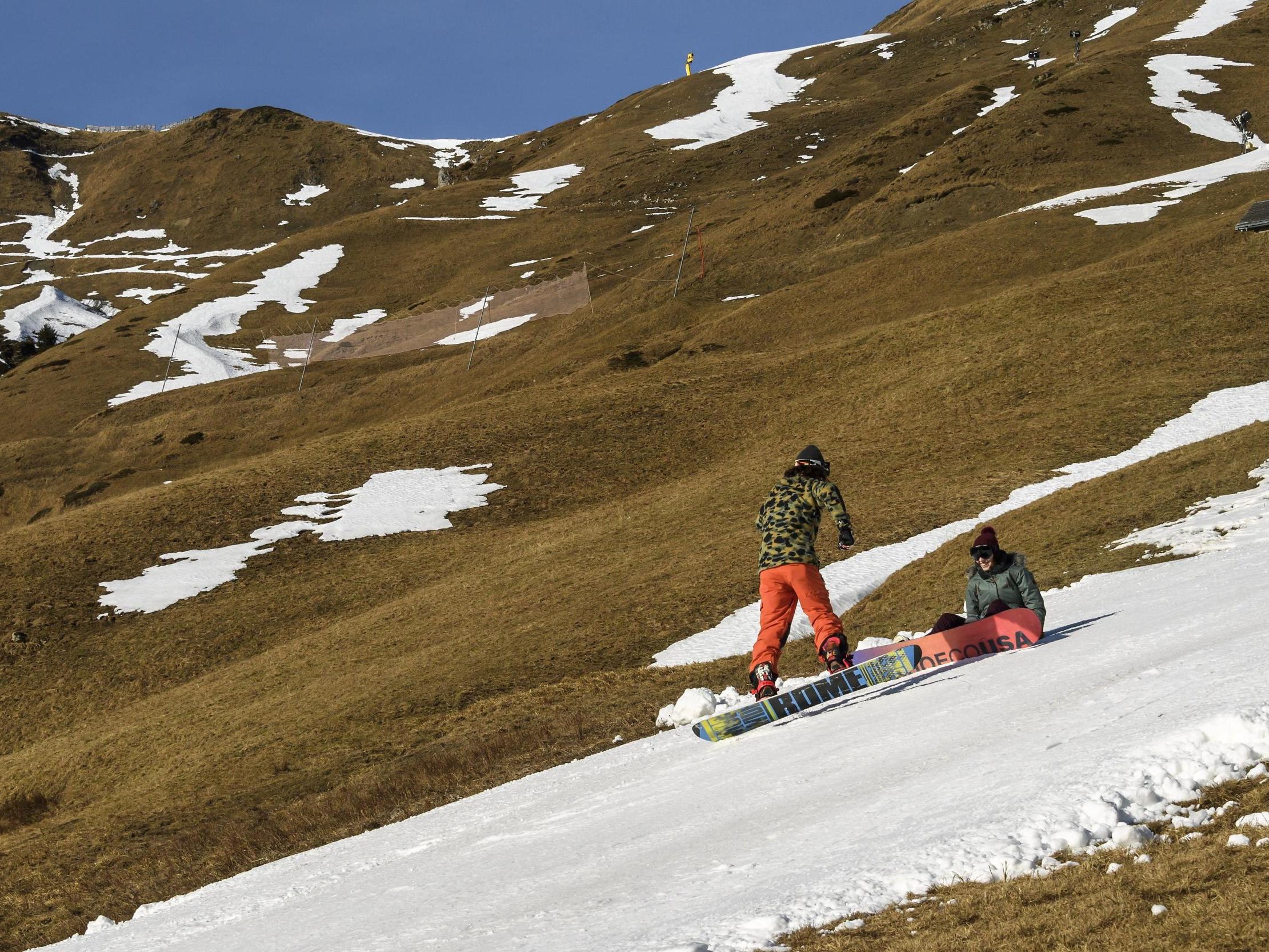Changing the Game: Introducing The Independent’s series on sport, environment and the climate crisis
Nearly every sport interacts with the natural world in some way. Even from an entirely selfish standpoint it is in sport’s interests of self-preservation to act, and to act quickly

Your support helps us to tell the story
From reproductive rights to climate change to Big Tech, The Independent is on the ground when the story is developing. Whether it's investigating the financials of Elon Musk's pro-Trump PAC or producing our latest documentary, 'The A Word', which shines a light on the American women fighting for reproductive rights, we know how important it is to parse out the facts from the messaging.
At such a critical moment in US history, we need reporters on the ground. Your donation allows us to keep sending journalists to speak to both sides of the story.
The Independent is trusted by Americans across the entire political spectrum. And unlike many other quality news outlets, we choose not to lock Americans out of our reporting and analysis with paywalls. We believe quality journalism should be available to everyone, paid for by those who can afford it.
Your support makes all the difference.There has been a fundamental shift in the climate conversation recently, one which has seen environmental issues pervade every shade of the political spectrum, every industry, every walk of life. In the UK the urgency has been ratcheted up by the visit of the activist Greta Thunberg and the Extinction Rebellion protests, leading to a shift of language in the media to accurately portray the emergency we are confronting. Right now there is momentum to be seized.
At The Independent we believe the world of sport should be playing a prominent role in the fight to protect the planet. This week we are exploring the relationship between sport, environmental breakdown and the climate crisis: from the radically changing face of the Olympic Games to the new professional bike race taking a unique stand, we will be reporting on the threats that climate change poses to sport as we know it, and what those in power are doing to reverse alarming trends.
Historically, the growth of sport and changes in climate are more closely aligned than you might think. Steady carbon dioxide levels can be traced back for millennia, as can a base human interest in physical contest via prehistoric paintings of wrestling bouts. The industrial revolution proved a catalyst for organised sport as workers came together to establish rugby and football clubs, and at the same time it set CO2 levels soaring, ice caps melting and sea levels rising. The age of air travel made mega-events like the World Cup and Olympic Games truly global, while chugging out yet more carbon into an atmosphere near tipping point.
Sport is a contributing factor to the climate crisis, of course. The life of a modern elite athlete typically comes with a vast carbon footprint, and the biggest sporting tournaments emit huge volumes of greenhouse gasses: the London and Rio Games each topped 3 million metric tonnes of carbon, the equivalent of around 10% of the total annual emissions of countries like Ireland or New Zealand.
But sport is also threatened by climate change. In the UK, rising sea levels over this century threaten to swallow up famous golf courses and render thousands of public sports fields unusable. Global heating continues to melt away traditional snow spots around the world, sparking a damaging cycle of reliance on manufactured snow which itself demands a huge input of energy.
The threat of rapidly disappearing snow is one of the focuses of our Changing the Game series, as is the precarious position golf finds itself. And we will also report on potential solutions within the industry, like designing progressive, climate-positive events, and reimagining how the Olympics impacts its host city.
- Part I: 'Build-everything Games are over': Olympic impacts are changing the nature of a host city
- Part II: From St Andrews to Trump, the golf courses gasping for breath against the rising tide
- Part III: Katie Ormerod on how devastating injury led the snowboarded to cut her carbon footprint
- Part IV: The groundbreaking new cycling race taking a stand
- Part V: On thin ice – the fight to save winter sports from extinction
Fundamentally, sport relies on the planet to exist. Nearly every sport interacts with the natural world in some way, and requires the right conditions of environment and climate to endure. Even from an entirely selfish standpoint it is in sport’s interests of self-preservation to act, and to act quickly.
The enormous power of sport has long been harnessed in myriad ways. At the Sydney Olympics one athlete united an entire nation; more recently in the NFL it has been used a platform for protest which resonated around the world. You only need to glance at the next football World Cup to understand how the power of sport continues to be leveraged in global geopolitics.
Right now, it is that power which must be harnessed for bold, positive change if sport is to play its part in mitigating the climate crisis.

Join our commenting forum
Join thought-provoking conversations, follow other Independent readers and see their replies
Comments